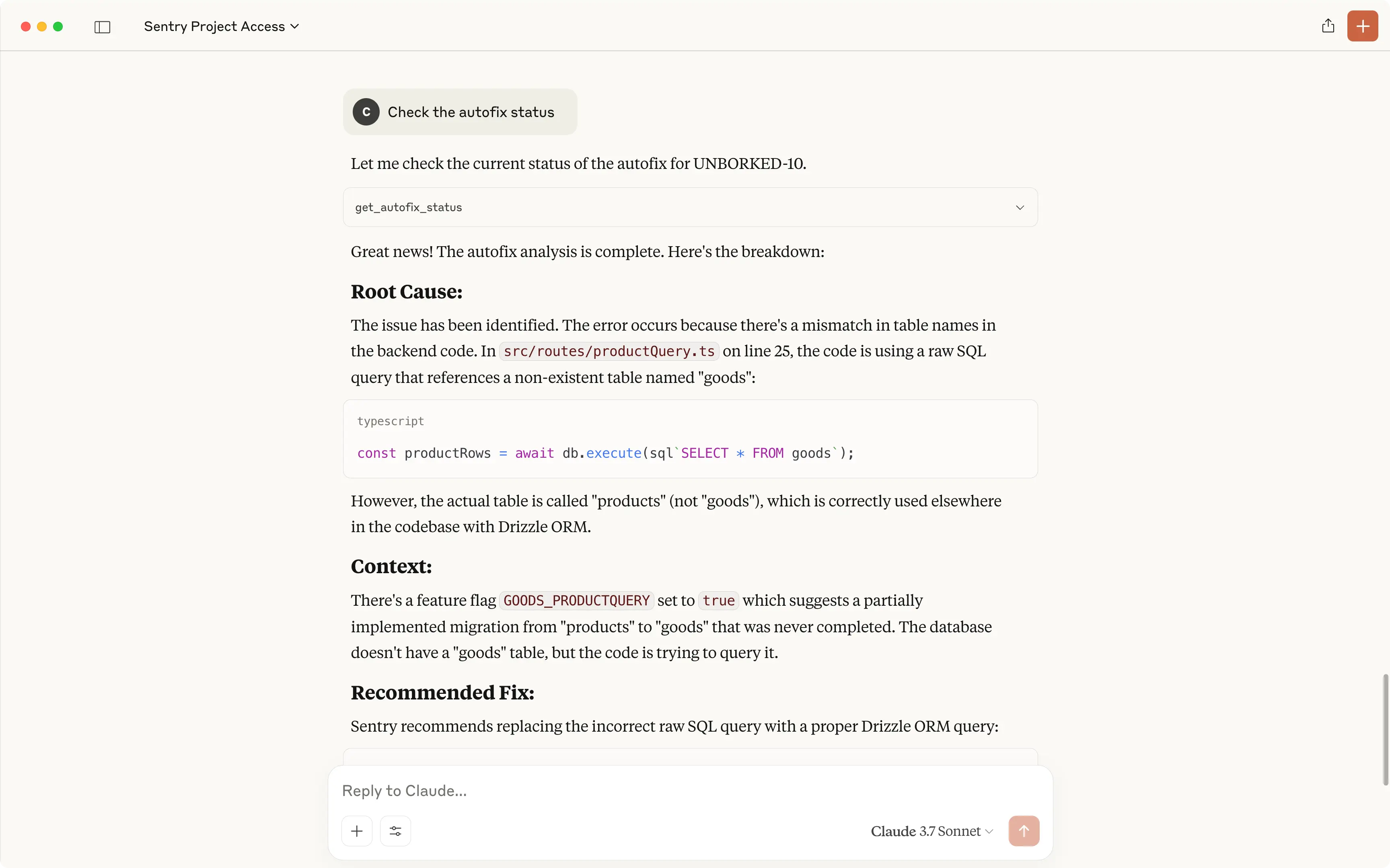MCP is changing everything for software development…
But many devs are still very far from using it to its true potential.
There are several MCP servers out there to massively extend your coding agent’s abilities and dramatically transform your dev experience.
Real docs on demand, control your entire cloud infrastructure, automate browsers, and much more.
1. Improve code accuracy: Context7
Version-aware code docs on demand
Say goodbye to hallucinated code examples.
Key Features:
- Fetches real documentation from official sources, tailored to your exact framework and version.
- Works with prompts like:
use context7 for next.js@14. - Available in both STDIO and remote HTTP/SSE modes.
- Compatible with Claude Desktop, Cursor, Windsurf, and more.
Use it for: Auto-fetching precise docs and examples while you build—no tab-switching required.
Get Context7: LINK
2. Manage cloud services: Google Cloud MCP
Natural language cloud control.
Manage your GCP projects like you’re talking to an engineer.
Key Features:
- Inspect and operate on GCP resources using natural language.
- Supports: Compute, Cloud Functions, Run, SQL, BigQuery, GKE, Billing, Logging, and more.
- Local credentials only (secure by default).
- Custom
run-gcp-codetool for advanced API calls.
Use it for: Debugging infra, checking costs, or exploring your cloud setup in chat—securely.
Get Google Cloud MCP: LINK
3. Interact with databases: Supabase MCP
Turn your agent into a Supabase-native teammate—with safety rails.
Key Features:
- Granular permissions: read-only mode, scoped to specific projects.
- Tools for SQL queries, migrations, logs, functions, storage, and branching.
- Type-safe output from your DB schema.
- Integrated with Claude, Cursor, VS Code, Windsurf, and more.
Use it for: Daily dev, schema exploration, and shipping faster—without giving the AI total access.
Get Supabase MCP: LINK
4. Identity management and security: Auth0 MCP
Securely manage your Auth0 tenant with AI.
Key Features:
- Supports creating apps, managing users, deploying Actions, inspecting logs, and more.
- Built-in support for tool-level allowlisting and read-only mode.
- Hardened auth with device flow, plus DEBUG tool for troubleshooting.
- Production-ready with security-first design.
Use it for: Handling Auth0 without clicking through a dashboard—while keeping things safe and scoped.
Get Auth0 MCP: LINK
5. Browser automation – Puppeteer MCP
Control a live browser session from your AI IDE.
Key Features:
- Automate clicks, typing, navigation, JS execution, screenshots.
- Can attach to existing Chrome sessions.
- Built with TypeScript and modeled after Anthropic’s puppeteer server.
- Still experimental, but already functional.
Use it for: Demos, scrapers, or showing agents how your site actually behaves.
Get Puppeteer MCP: LINK
6. CI/CD and DevOps: GitHub MCP
Bring your GitHub repos directly into your AI IDE for issue triage, PR workflows, and CI/CD debugging.
Key Features:
- Runs in local mode or via hosted OAuth.
- Granular controls — enable only repos, issues, pull requests, or actions you need.
- Read-only toggle for safety.
- Integrates with Dependabot, CodeQL, and GitHub Actions workflows.
- Works seamlessly with Claude Desktop, Cursor, Windsurf, and other MCP clients.
Use it for: Streamlining repo management with AI-powered issue triage, PR summaries, and CI/CD diagnostics in one place.
Get GitHub MCP: LINK
7. Monitoring & Testing — Sentry MCP
See a bug → analyze it → fix it — all in one flow, inside your AI IDE.
Key Features:
- Analyze Sentry issues, stack traces, and debugging context.
- List and manage projects, orgs, and DSNs via prompt.
- Use Sentry Seer to auto-suggest fixes for production issues.
- Supports remote hosting via the official Sentry endpoint or local setup.
- Works across Claude, Cursor, Windsurf, and other MCP clients.
Use it for: Debugging and fixing real issues without leaving your AI chat window.
Get Sentry MCP: LINK
